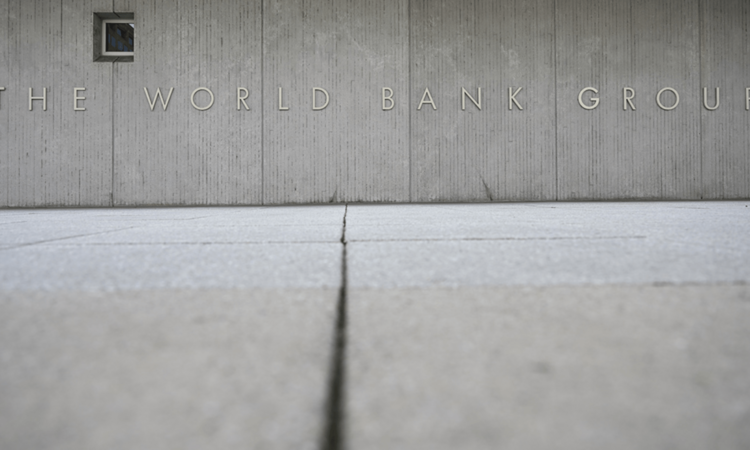
On May 3, the board of the World Bank confirmed an American, Ajay Banga, as its president for the twelfth consecutive time going back to the institution’s founding in 1946. The development bank’s sister institution, the International Monetary Fund, the world’s financial-crisis firefighter, is run by a European—the twelfth consecutive one as well.
This traditional transatlantic division of power has understandably come under increasing criticism over the decades as developing countries such as China, India, and Brazil have come to play a vastly larger role in the global economy. The tradition survives in spite of the criticism because American and European money remain critical to their activities. Yet when we consider its genesis and present logic, it seems clear that both Washington and the Brussels-London axis would be better off abandoning their birthrights in favor of more substantial sources of global influence—not to mention actual effectiveness.
When some fourteen years ago I began researching the history of the two “Bretton Woods” institutions, I expected to find evidence of a hidden transatlantic deal divvying up their control. I could not imagine what its basis could have been, though, as the United States was, at the end of World War II, at the apex of its economic and military power and would certainly have chosen to control—if it could only have controlled one of them—the more important IMF.
More on:
What I discovered scattered among various historical documents was not a deal, however, but a unilateral decision of the Harry Truman administration in March of 1946 to claim only the World Bank presidency—in spite of President Truman having intended, just a few weeks earlier, to bull through the American architect of the IMF as the Fund’s leader—its managing director. Treasury technocrat Harry Dexter White, who had already been tapped to be U.S. executive director of the Fund, was the obvious choice, not only in Washington but around the European capitals. The problem, it turned out, was that he was particularly favored in Moscow.





